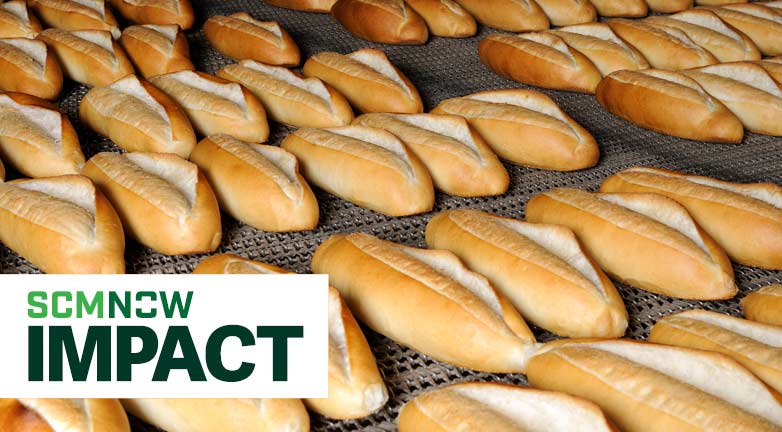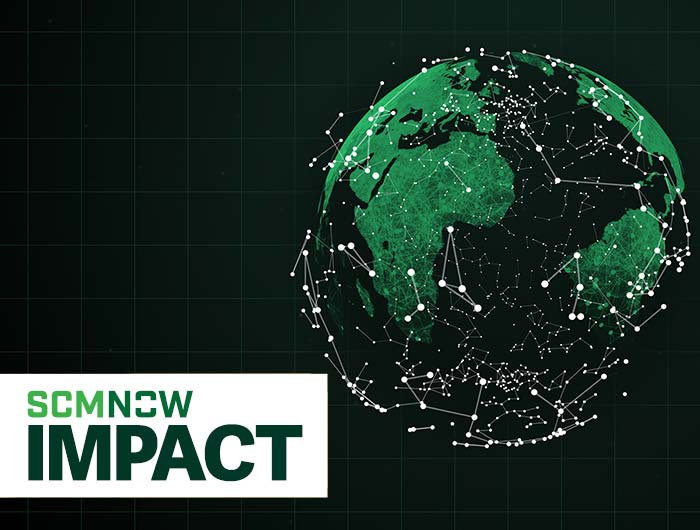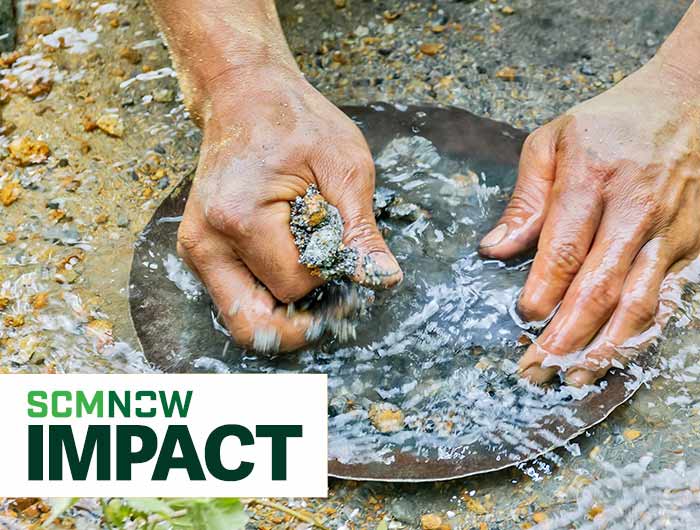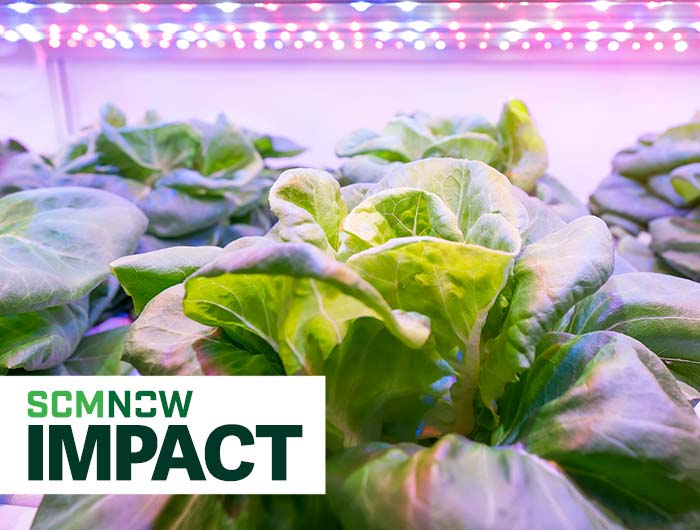Here in ASCM’s hometown of Chicago, about 55 million pounds of food is wasted each month, despite the fact that one in six Chicagoans suffers from food insecurity. Alan Reed, executive director of nonprofit Chicagoland Food & Beverage, says this regrettable fact is what compels his organization to work with both industry and food banks “in order to find new and innovative ways to address these issues.”
Reed’s comments remind me of a recent Wall Street Journal article, which highlights why some food and beverage industry giants are starting to see their trash cans in a different way — as an exciting new value stream. Starbucks is reprocessing the outer layer of its coffee beans into a natural sweetener. Mondelez is making snacks from parts of the cacao plant unused during chocolate production. And Kellogg Co. is collaborating with a craft brewer to ferment discolored cereal that would normally become animal feed. The first runs of Cast Off Pale Ale (made from Rice Krispies) and Sling It Out Stout (made from Coco Pops) sold out in hours.
Some clothing manufacturers are even turning food waste into leather alternatives. “This is not just a solution to the problem of waste,” Carmen Hijosa, founder of Ananas Anam, told The Journal. “It also brings a new income stream.” Her a company works with pineapple farmers in the Philippines, who traditionally would have burned or left leaves to rot after harvesting. The resulting leather alternative, Piñatex, is now used by Hugo Boss to make shoes; for a sustainable-clothing line at H&M; and at Hilton Worldwide, which covers footstools with the material for what the company calls vegan hotel rooms.
Learn from the best
Five inspiring presentations are currently being shared on “Foodbytes,” the blog of food and agriculture financial services provider Rabobank. These food technology innovators discuss what they believe to be the most pressing industry challenges, as well as some exciting potential solutions. One of these involves packaging that can sense when a company’s distribution, handling and warehousing processes are increasing the risk of food spoilage. By pinpointing the problem area, this tool can bring about smarter supply chains.
The value of learning from industry trendsetters such as these cannot be overstated. This is why ASCM is dedicated to finding truly exceptional presenters for ASCM 2020, September 13-15, in New Orleans. We are seeking speakers who can help us shape the future of supply chain by communicating front-line industry knowledge, valuable real-world case studies and the latest supply chain breakthroughs.
The call for presentations is open through December 2, 2019. Don’t miss this opportunity to share your unique experience and perspectives with the global ASCM community.



